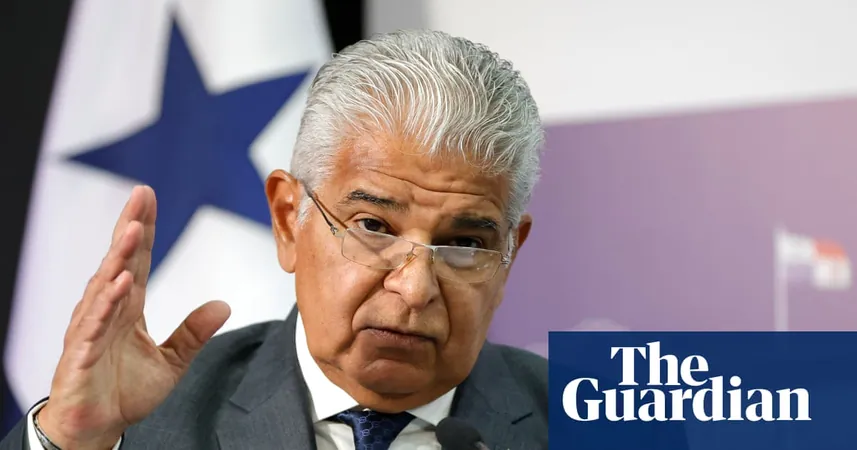
Panama President Shuts Down Trump's Canal Ultimatum: "There's Nothing to Discuss!"
2024-12-27
Author: Amelia
Introduction
In a decisive statement, Panamanian President José Raúl Mulino firmly dismissed any negotiations regarding the Panama Canal with U.S. President-elect Donald Trump on Thursday. Amidst rising tensions, Mulino emphasized that there will be no dialogue over the canal's control, nor was there any interference from China in its operations.
Panama's Sovereignty
"The canal is Panamanian and belongs to Panamanians. There's no possibility of opening any kind of conversation around this reality, which has cost the country blood, sweat, and tears," Mulino asserted at a press conference. His comments came in response to Trump's recent threats to demand the return of the canal to U.S. control, characterizing the tolls imposed on American vessels as "ridiculous."
Historical Context
The Panama Canal, which was inaugurated in 1914, was initially built by the United States. However, it was handed over to Panama on December 31, 1999, in accordance with treaties signed in the late 1970s by then-U.S. President Jimmy Carter and Panamanian leader Omar Torrijos. This historic transition remains a pivotal moment in Panamanian sovereignty.
Trump's Threats
Trump, expressing dissatisfaction with the fees charged to U.S. vessels, hinted at a growing Chinese presence, stating, "It was solely for Panama to manage, not China, or anyone else. We would and will NEVER let it fall into the wrong hands!" He warned that if Panama could not ensure secure and efficient operations at the canal, the U.S. would insist on its return "in full, and without question."
Political Maneuvering
Adding a layer of political maneuvering, Trump has nominated Kevin Marino Cabrera, a Miami-Dade county commissioner, to be the U.S. ambassador to Panama. Cabrera is touted by Trump as a staunch advocate for "America First" principles and has been credited with fostering economic growth and international partnerships.
Economic Importance of the Canal
Approximately 5% of global maritime traffic passes through the Panama Canal, a crucial artery that allows vessels traveling between Asia and the U.S. East Coast to bypass the treacherous route around the southern tip of South America. The United States is the canal’s primary user, commanding 74% of its cargo traffic, while China follows with 21%.
Defending the Canal's Structure
In defense of the canal's toll structure, Mulino emphasized that the fees are not dictated by the U.S. President but are determined by a "public and open process" that has been firmly established. In a direct rebuttal to Trump's allegations of Chinese military involvement, he affirmed, "There are absolutely no Chinese soldiers in the canal, for the love of God."
Rising Tensions and Protests
Relations between Panama and China were officially established in 2017 after Panama severed ties with Taiwan, a move that drew criticism during Trump’s first term. The political climate in Panama has been charged, with public protests erupting recently. Demonstrators rallied outside the U.S. embassy in Panama City, chanting slogans like “Trump, animal, leave the canal alone,” and even burning an effigy of the newly elected president.
Conclusion
As tensions simmer, the world watches closely to see how this dispute over the Panama Canal will unfold amidst larger geopolitical currents. Will these two nations find common ground, or will the rivalry escalate? Stay tuned for updates!
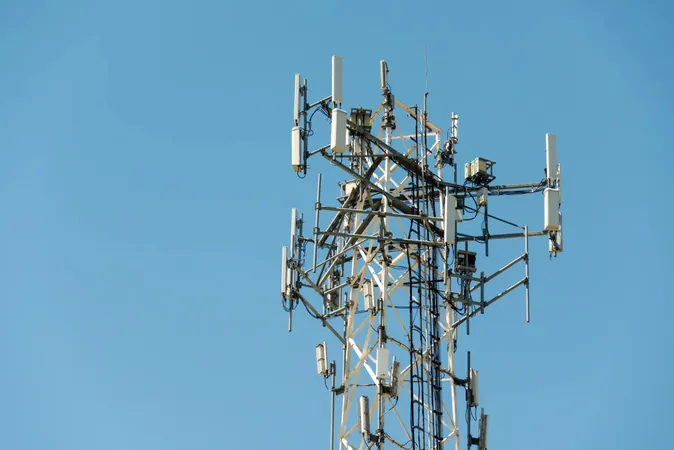
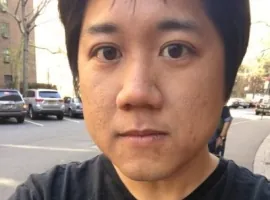
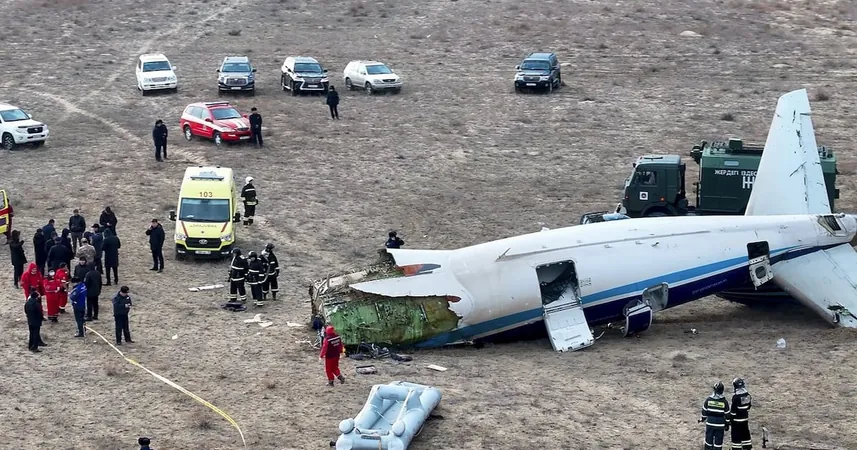

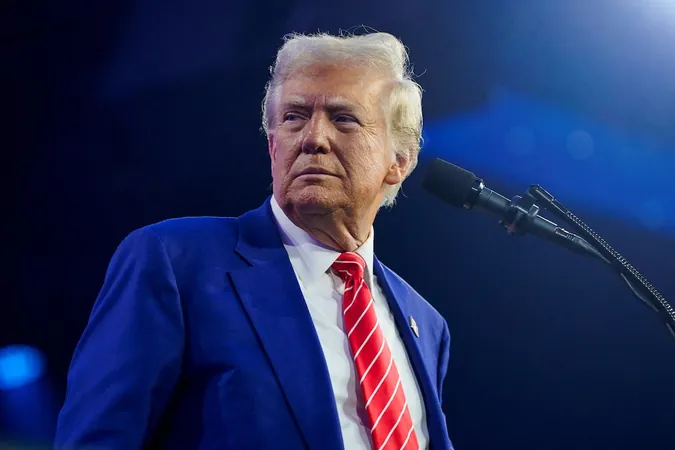
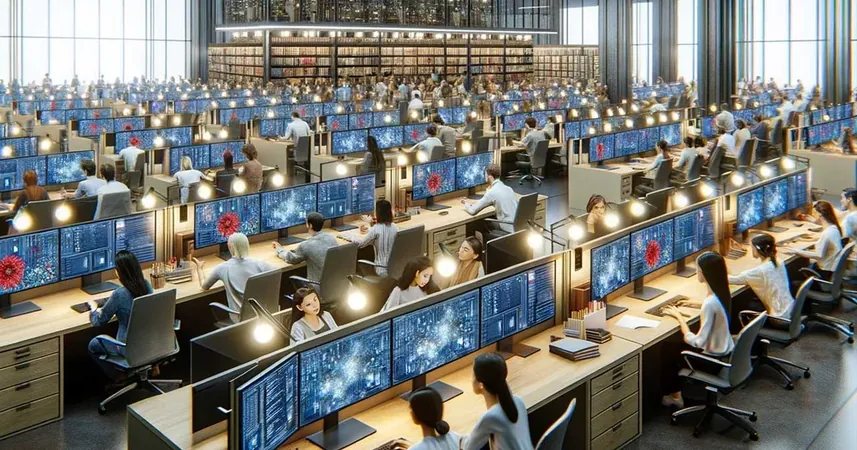
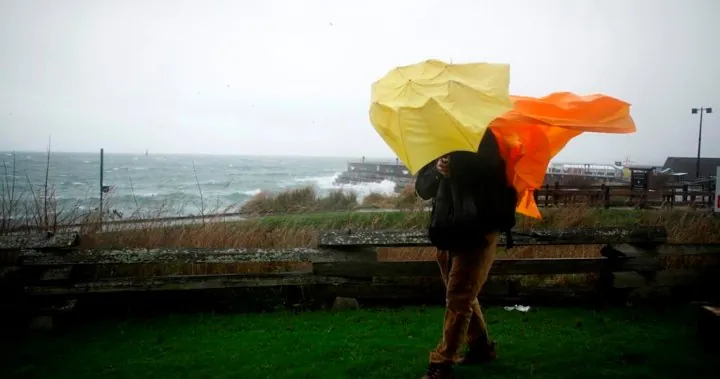
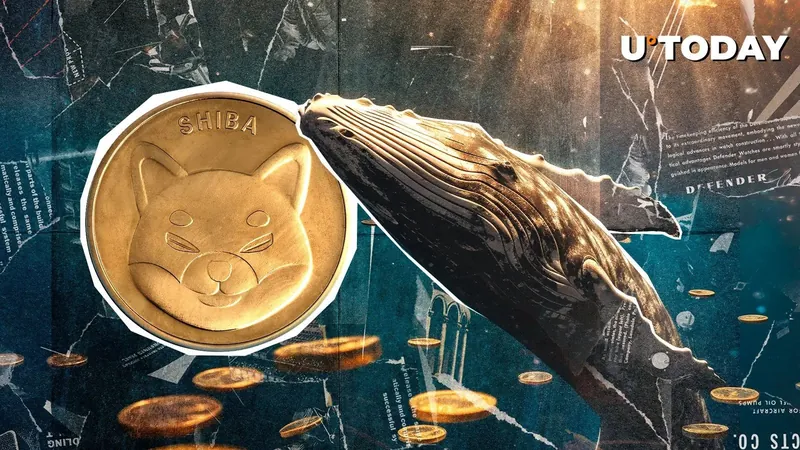
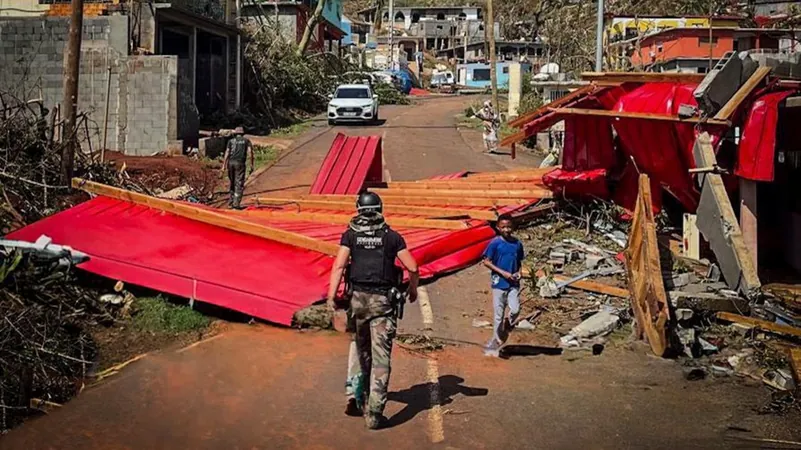
 Brasil (PT)
Brasil (PT)
 Canada (EN)
Canada (EN)
 Chile (ES)
Chile (ES)
 España (ES)
España (ES)
 France (FR)
France (FR)
 Hong Kong (EN)
Hong Kong (EN)
 Italia (IT)
Italia (IT)
 日本 (JA)
日本 (JA)
 Magyarország (HU)
Magyarország (HU)
 Norge (NO)
Norge (NO)
 Polska (PL)
Polska (PL)
 Schweiz (DE)
Schweiz (DE)
 Singapore (EN)
Singapore (EN)
 Sverige (SV)
Sverige (SV)
 Suomi (FI)
Suomi (FI)
 Türkiye (TR)
Türkiye (TR)